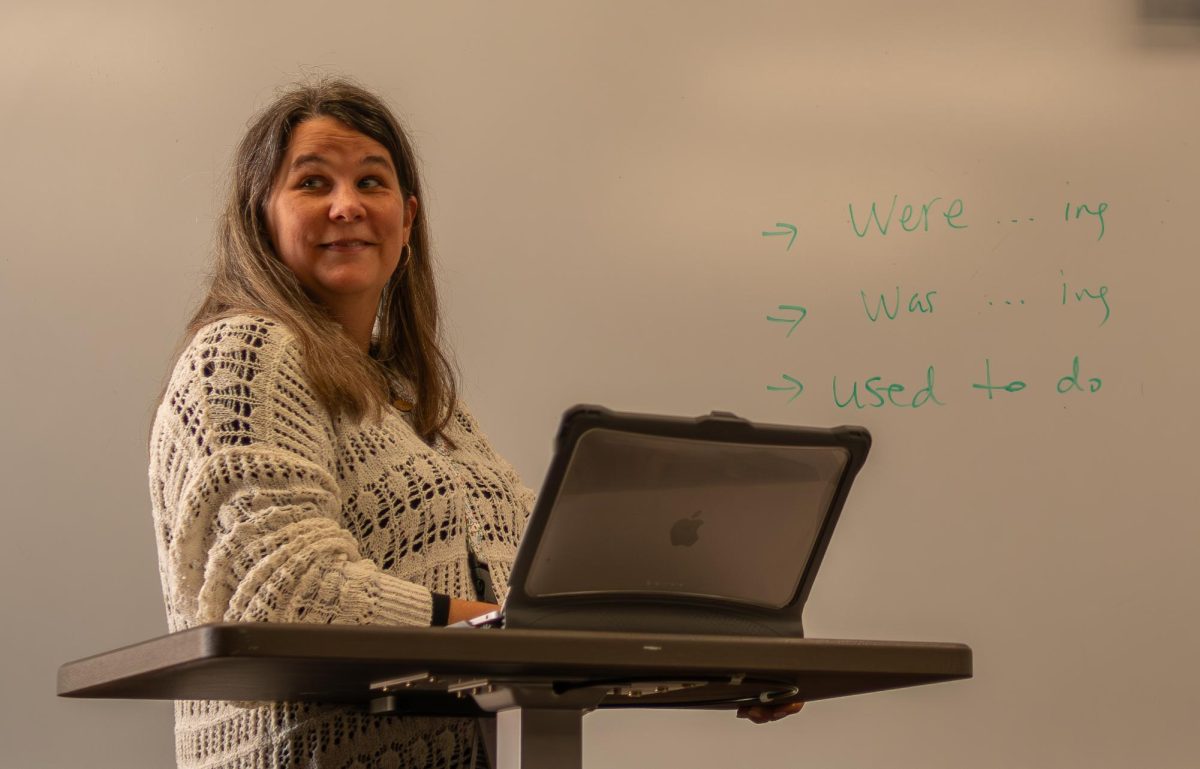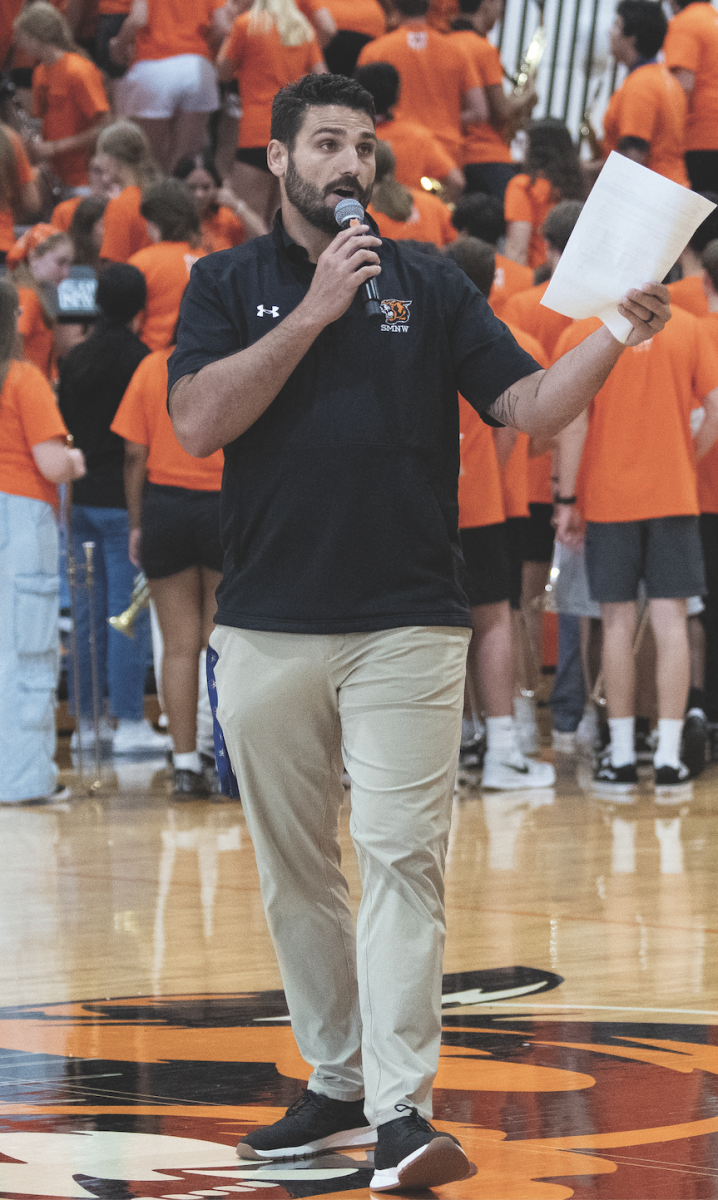The Cost of an Education
College debt is common, but there are ways to avoid it
March 20, 2023
Seniors all around the school are preparing for college: requesting transcripts, writing essays and searching for scholarship applications. Constant stress is a vital aspect of college application season.
For some students, it’s easy. The cost of college isn’t a major concern and their grades are enough to get them into the college they have always wanted. For others, the decision just isn’t as easy.
“Some people consider only community college.” college adviser Connor Davis said. “The tuition is just so much lower. Most are going to choose the more affordable option.”
The difference between tuition changes drastically depending on which college a student decides to attend. In-state schools, for example, offer lower tuition rates.
The University of Kansas (KU), charges Kansas residents from $18,890-$27,665. A non-resident’s tuition is much higher: $35,758-$44,533. This cost would be similar in most state schools in Kansas
“The cost was extremely important in making the decision,” senior Annaliese Nguyen, who is going to KU, said. “It’s especially important to my parents that I graduate college with no debt. Since they’re paying for it, they don’t want that pressure on them or myself.”
But tuition doesn’t always stop people from applying to the school of their dreams. Doing that brings on an additional set of challenges. If students can’t afford to pay for college without help, they can search for scholarships, grants, and student loans.
Several types of loans are available to fund university expenses including tuition and housing, but, according to the Education Data Initiative, 93% of incoming college students choose federal loans. A federal student loan comes from the United States government for the purpose of paying for educational expenses. About 30% to 40% of all undergraduate students, according to the Urban Institute, take out federal loans. Although most students choose to get a loan from the government, some choose a private loan.
“Depending on situations, or maybe as a result of a specific relationship with a bank, can get a loan,” Davis said. “But those are called private loans. I don’t encourage students to go that route because the interest rate generally is higher. Through financial aid, FAFSA and the U.S. Department of Education, they can delay the interest increase on some types of loans.”
The FAFSA (Free Application for Federal Student Aid) is a form that must be completed in order to apply for financial aid, receive grants and – at some schools – qualify for scholarships. Most college counselors recommend that all students complete the FAFSA, even if they don’t know if they will need financial assistance. The long-term effects of college tuition debt on a graduate’s credit score can have a negative impact later in life when a stellar credit rating is needed to secure a loan for a large purchase such as a house.
“I think students can look for scholarships just in their community,” Davis said. “We do have KC Scholars, but I know that one is heavily income-based. Sometimes you can gain scholarships that way, especially when we think about fields in service like health care or education. A lot of times there are ways to get your education largely funded.”











































![Juniors Tad Lambert and Lily Reiff watch swim footage Jan. 19 in Room 153. Lambert and Reiff were editing their swim recap for Cougar Roundup. “[KUGR] is such a great environment for creativity but also to form amazing friends,” Lambert said. “KUGR has become like a home for me and I feel like I’ve gotten super close with so many other members.”](https://smnw.com/wp-content/uploads/2023/01/ejohnson_KUGR_7-900x600.jpg)















